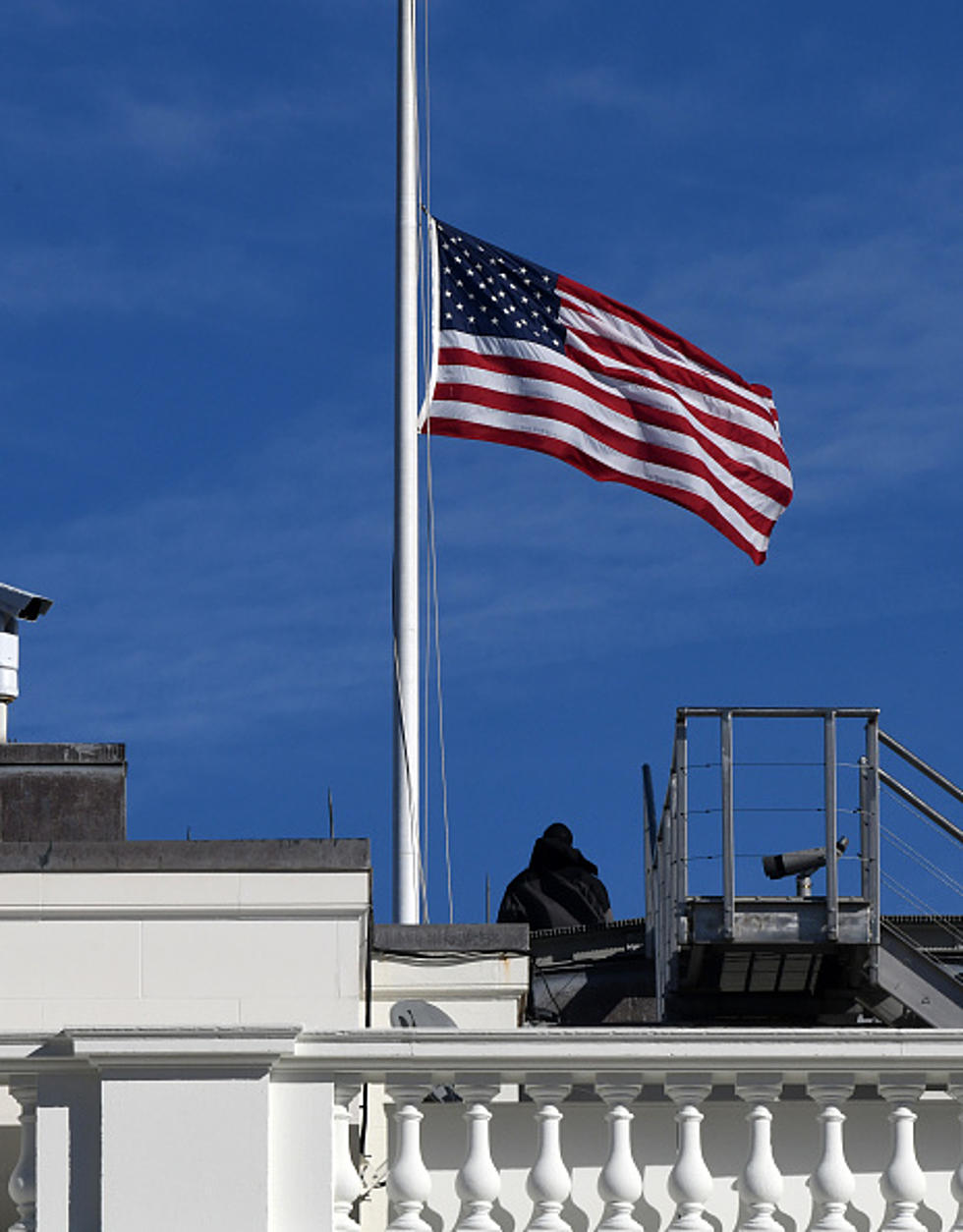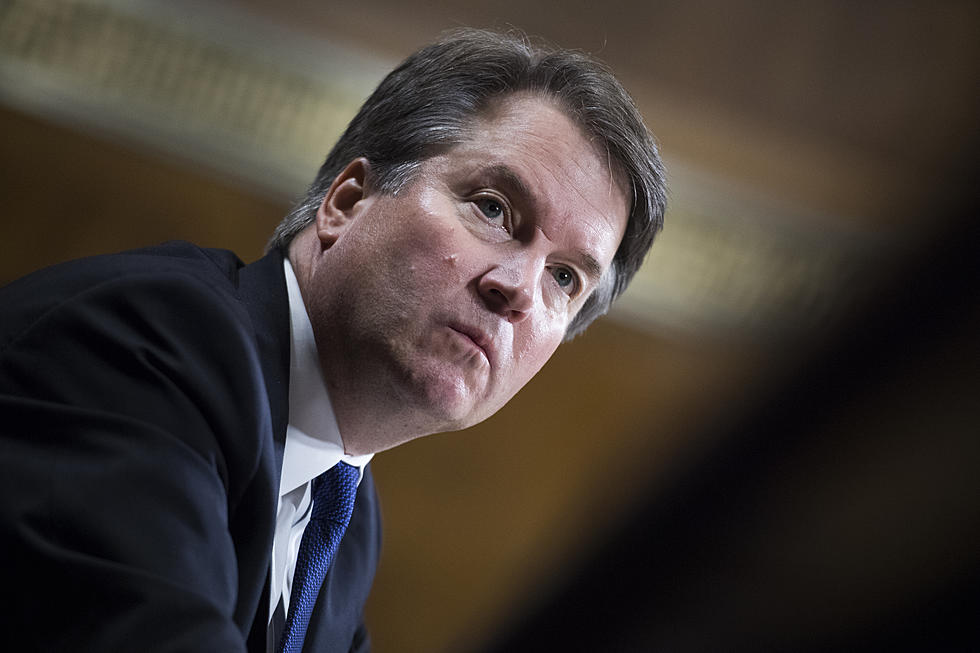
Department of Revenue Verses Private School Parents at MT Supreme Court
The Montana Supreme Court held oral arguments in Missoula today, April 6, in the case of Espinoza v. Montana Department of Revenue. The case revolves around a rule from the Department of Revenue which bans use of Statewide Scholarship Tax Credits for those who attend faith-based private schools. The roots of the argument go back to the formation of the State Constitution in 1972 and its inclusion of a controversial “Blaine Amendment” which opponents claim has its roots in religious bigotry and has been challenged in other states. Arguing for the Department of Revenue, Attorney Dan White, contrasted Montana’s constitution with those in other states.
“Many of those say no direct funds may come out of the treasury to be appropriated, or similar things like that," White said. "Montana is very unique in that it’s not just a question of appropriations or direct payments, it says specifically ‘shall not make any direct or indirect appropriations or payments from any public funds or monies.’ So, we’ve got an ‘indirect’ that’s different from other states and we’ve got ‘public funds or monies’ that’s different from other states.”
Arguing on behalf of parents from Stillwater Christian School was attorney William Mercer, who claimed the Department of Revenue was reading the constitution incorrectly, especially when compared to the way things worked in 1972 when it was written.
“The Department wants the court to believe that in 1972 the founders decided that there couldn’t be any kind of support through a tax credit program, yet we know that there were deduction available to taxpayers that would support not only religious colleges, but also foundations that would support K-12 education in the state of Montana," Mercer said.
Supreme Court Justices asked questions and received responses from both sides, but have not yet released their decision on the matter.
More From KBUL NEWS TALK 970 AM & 103.3 FM









